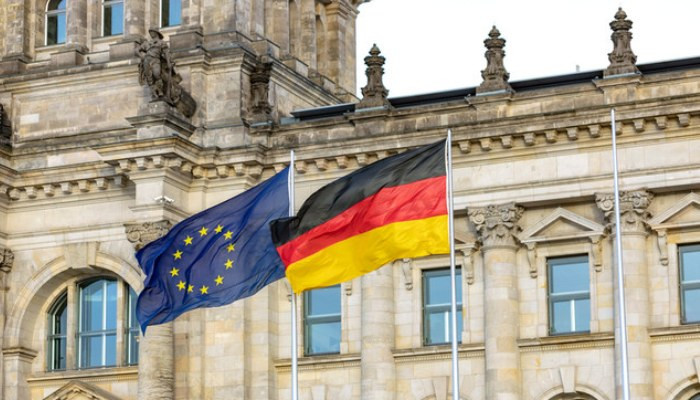Germany rejects EU plan to raid Russian assets
 Germany has voiced objections against plans by Brussels to clear frozen assets of the Russian central bank for the reconstruction of Ukraine, warning that a hasty move could lead to legal or financial risks. The European Commission is working on a plan that could raise billions of euros by requiring financial institutions that have tied up Russian assets to hand over part of the profits generated and use them to rebuild Ukraine. But following concerns raised by the European Central Bank, Berlin and other capitals have called for more reflection on the ideas. “It opens a can of worms,” another German official said, adding that if the EU takes money from the Russian central bank or earns the investment proceeds from the funds, it will set a precedent for others to follow, such as reparation claims. from Poland. against Berlin for damages during the second world war. An official said Marco Buschmann, Germany’s justice minister, had studied EU proposals to harvest Russian central bank assets and concluded they were legally unfeasible. A Buschmann spokesman declined to comment. Since the EU and its allies tied up hundreds of billions of euros of Russian central bank assets after the invasion of Ukraine, officials have been debating ways to use some of that money to rebuild the country. EU officials have moved away from confiscating the assets outright and are instead looking at ways to collect some of the proceeds for kyiv. One option is for security custodians to be required to make a windfall contribution of profits generated when they reinvest proceeds from frozen Russian assets. “The challenge is trying to figure out what is legally sound and defensible,” said an EU diplomat involved in the discussions. “It’s more complex than anyone thought at first.” Foreign ministers from the 27-nation bloc are expected to discuss the issue at a meeting in Luxembourg on Monday, officials involved in planning the meeting said. A commission spokesman insisted on Friday that there is “general support” from member states on this matter and that solutions are possible. Four member state officials said they see a strong majority among EU countries in principle to use proceeds from confiscated Russian assets, while acknowledging that ECB concerns had given some capitals pause over the way to do it. |

EU plans crypto ban for Russia, FT reports
70911.02.2026, 00:48
US Treasury Secretary says US sanctions crushed Iran’s economy and sparked protests (video)
83306.02.2026, 10:43
Elon Musk just became the first person ever worth $800 billion after SpaceX acquired xAI
77804.02.2026, 18:30
Xi Jinping calls for China’s renminbi to attain global reserve currency status
73801.02.2026, 23:05
Trump signs order allowing US to impose tariffs on countries supplying oil to Cuba
78630.01.2026, 12:17
EU Adds Russia to High-Risk Money Laundering List Strengthening Financial Controls
82730.01.2026, 00:37
